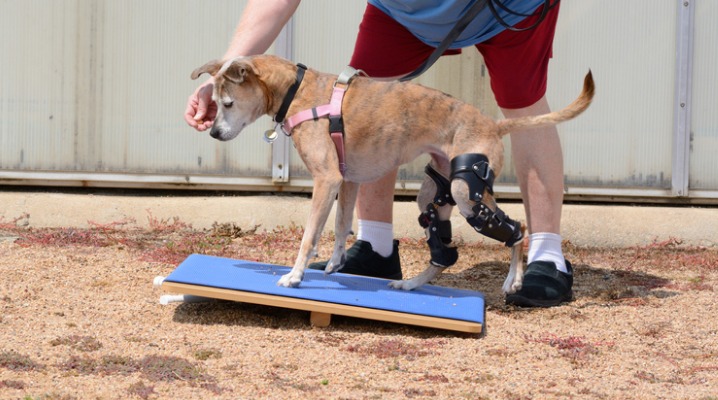
Facts to Consider Before Adopting a Pet with Special Needs
It can be heartbreaking to see a cat or dog in a shelter being passed over because it has a disability or special health condition. Pets with special needs are just as—if not more—lovable than able-bodied pets, and adopting one can provide many benefits. Not only will you be giving a pet in need a loving home, but you can develop patience, creativity, joy and pride through raising an animal with health complications.
However, if you’re considering adopting a pet with special needs, you must be aware of the complexity and challenges involved. Adopting this type of pet is not the right choice for everyone, and that’s okay. It’s important to be honest with yourself and consider whether you’re the right fit for a special needs animal before you sign the adoption papers, for the sake of both you and your pet.
Understanding pets with special needs

A special needs animal is one that faces challenges to its health and well-being. The animal may have a unique medical condition that requires close monitoring and lifelong medication, it may have a physical disability such as a lost limb, it may be blind or deaf, or it may have a psychological or behavioral limitation.
At the end of the day, though, special needs cats and dogs are, first and foremost, cats and dogs. These pets will act in many of the same ways as able-bodied pets, so it’s crucial to understand the pet itself first and its disability second.
The unique aspects of care can vary wildly depending on the pet and its health challenges, but all special needs pets will need an owner who is loving, compassionate, patient and willing and able to provide a heightened level of care day in and day out.
Ask yourself these questions before adopting a special needs pet
There are many things to know and understand before you adopt a pet with special needs. Here are some things you should consider.
Do you have the resources to provide for this animal?
Resources not only include money, but also time and patience. If you are a busy person who isn’t home a lot and cannot dedicate a significant portion of each day to your animal’s care, a special needs pet may not be right for you. If you are on a tight budget and are unsure of how the cost of medication or therapy will factor into your monthly expenses, you may want to reconsider.
But, if you have ample time to be at home and monitor and care for your pet, as well as a budget that can sustain medical costs, a special needs animal may be a great choice!
Additionally, you must be willing to provide for your cat or dog beyond money and time. Caring for a special needs animal can be emotionally and physically demanding at times, and you should be prepared for this.
Are you willing to alter you environment and lifestyle?
You may need to modify your home environment, including installing special furniture like ramps, to facilitate easier movement for the pet. You should also pay close attention to any aspects of your home that your pet could injure itself with.
Discuss your environment with the adoption staff and get a sense for how well your pet would be able to navigate and age comfortably in the space. Be sure that your lifestyle and your family’s lifestyle in the home is a good match for the level of care your pet will require.
Close supervision will also be required for at least an initial period so your pet can get adjusted and both you and the pet can learn what works best for its home care.

Do you know where to find the available resources?
Remember that you are not in this alone! There are many resources available to owners of special needs pets, including veterinarians, pet specialists, training experts, online resources and more. Turn to these resources for support and advice when you need them to ensure the best level of care for your pet.
Beyond more frequent vet visits, you may need extra training in order to properly care for the animal; for example, to teach you and your pet new ways of implementing behaviors like recalls. Ask the shelter staff if they know of any reliable trainers and vets nearby, so you have resources right from the start.
Are you ready to have your pet for the rest of its life?
If you have decided that adopting a special needs animal is the right choice for you, you should take time to understand your specific animal, as well as its needs, before adoption. Beyond that, though, understand that a disability is something you must accept and work with for the entirety of the animal’s life.
All too often, pets with special needs are returned to shelters because they were adopted before the owners truly thought through their decisions, or the complexity of care was not a good fit for their families. This can add significant stress to a pet that is already experiencing a complex life. If you adopt a pet with special needs, ensure that you are prepared to love and care for this pet through thick and thin. Once you accept that, you and your pet are sure to live a happy life.


